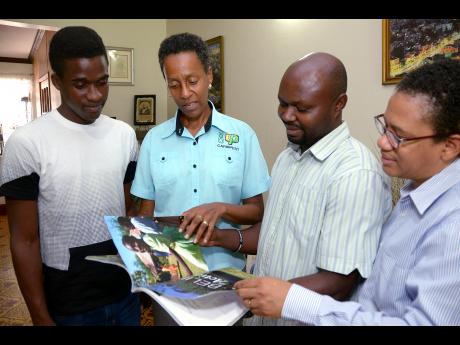The Baha'i' Faith Part I - Origins and evolution
The Baha'i Faith was born in Iran, when it was known as Persia. It evolved out of the Shi'ite branch of the Muslim faith. Two people, The Bab and Baha'u'llah, "divine messengers", are credited as the herald and the founder of the faith, respectively.
About 1844, The Bab, who lived from 1819 to 1850, declared that he was the bearer of a message from God, and that message would transform mankind's spirituality. He said that he was the predecessor of another messenger, greater than himself, from God, who would be the latest in a line of prophets including Moses, Muhammad, and Jesus Christ.
Although the finality of Muhammad's revelation is universally accepted by Muslims, some Baha'i scholars say that this belief is based on a particular interpretation of Qur'anic verses and that a different interpretation is possible. This did not settle well with Islam, which states that Muhammad was the final prophet, a central point of the faith.
PERSECUTION
The Bab and his followers were persecuted by the Muslims, and The Bab was killed. In 1852, one of his imprisoned followers declared himself to be the prophet that The Bab had foretold. He called himself Baha'u'llah (1817-1892), which means the "Glory of God". He said he had a new revelation from God, a message to mankind. He wrote myriads of verses, letters, and books, and outlined a framework for the spiritual and material facets of human existence.
Baha'u'llah gave detailed instructions for the continuity of the faith after his transition. This line of succession is called the Covenant. It was passed from his Son 'Abdu'l-Baha, to his grandson, Shoghi Effendi, and the Universal House of Justice, ordained by Baha'u'llah. Baha'i followers accept the divine authority of The Bab, Baha'u'llah, and of their appointed successors.
But the Muslims would not entertain Baha'u'llah, and he, too, was to face their wrath. He was tortured and exiled for 40 years. At a place called Acre, he wrote the Kitab-i-Aqdas, one of the key Baha'i scriptures, and other spiritual works and letters.
Baha'u'llah was succeeded by his oldest son, Abdu'l-Baha (1844-1921), who was appointed the authorised interpreter of his father's teachings and head of the faith. From 1908, Abdu'l-Baha spread Baha'i teachings around the world and developed Baha'i ideas of social reform and international justice.
He appointed his eldest grandson, Shoghi Effendi (1897-1957), 'Guardian of the Baha'i Faith', who is credited for its universal development, fostering a deeper understanding of it, and for strengthening the unity of the Baha'i community. He did missionary work, and assisted in the development of Baha'i philosophy.
CHANGE OF LEADERSHIP
The 1957 death of Shoghi Effendi brought about a change of the leadership format of the faith, to be led by a group of individuals rather than by one person. Established in 1963, the Universal House of Justice oversees the development of the Baha'i Faith worldwide.
In his book of laws, Baha'u'llah had instructed the Universal House of Justice to make a positive influence on people's welfare, promote education, peace and global prosperity, and safeguard human dignity.

